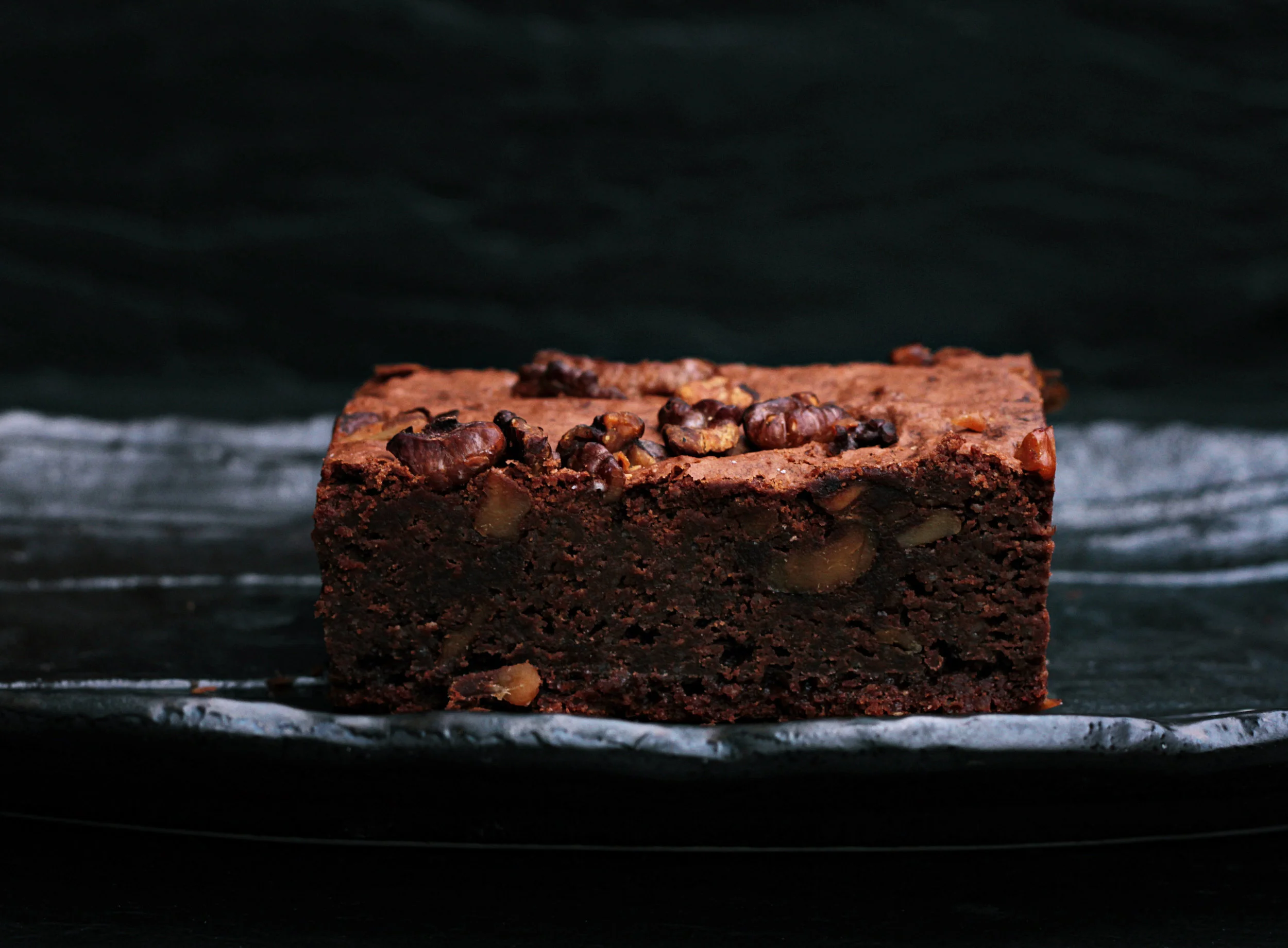It seems like every second day there is a headline claiming that one of our favourite foods is killing us, giving us cancer or making us fat.
Honestly, If I believed and followed everything I heard or read in the media I would be living off a diet of kale, blueberries and salmon.
No pizza, donuts, burgers, coffee, ice cream, cheesecake… okay I need to stop before I revert back to a teary 5 year old James watching the scene from The Lion King where Simba’s Dad dies.
Just joking…
I was closer to 19.
Ooooft. It get's you right in the feels.
This is what we have been taught to believe. That there are “good” and “bad” foods. That you should only eat foods that are going to help you “burn fat” and that consuming any amount of “bad” foods will result in instant fat gain.
The idea that there are “bad” or “fattening” foods is one of the biggest and most embedded myths within nutrition and fitness.
Why is it so entrenched?
Because that’s what sells.
Most diet books are based upon this idea. That there are certain foods that are the cause of all your problems or that slow your progress and others that will speed it up.
“10 Foods that will supercharge your metabolism!”
“5 Foods to avoid when trying to lose fat!”
“These 3 foods are undermining your fat loss efforts!!!”
Sound familiar?
The idea that there are “good” or “fat burning” foods and bad “fattening” foods, that you should NEVER eat, is irrational and unhealthy from a psychological standpoint.
Statements and headlines like those above don’t take into consideration the rest of your diet.
This notion of an individual food causing fat gain disregards context.
It assumes that we are over going to over consume these foods and that people can’t moderate their intake.
For example, let’s talk cheesecake (one of my favourite subjects). Most people would generally classify cheesecake as a “bad” or “fattening” food right?
But what If all I ate was 1 large slice of cheesecake a day? Would I gain fat?
No. In fact I’d lose weight. An extreme example sure but it illustrates the importance of context. If cheesecake was the problem then no matter how much I ate we would expect me to gain fat, irrespective of the amount or the rest of my diet.
*Cheesecake Factory, if your listening, I'm open for sponsorship.
In order to gain fat, we must be in a calorie surplus (in most cases). There is zero evidence to suggest that any food will cause more fat gain then the excess calories it provides. Therefor any food can technically be classified as “fattening” when it contributes calories that exceed our daily needs.
So that thick cut slice of toasted banana bread with salted butter (damnnn) isn’t causing any more fat gain then anything else you ate that day including chicken breasts, sweet potatoes or whatever other “clean” food you want to insert into the equation.
The important thing to remember is that we can’t specifically call a single food “fattening”, however a diet as a whole can be “fattening” when it leads to excessive calorie consumption.
That’s why food quality is important too.
While delicious, eating one large slice of cheesecake a day is a recipe for disaster on a number of fronts. Without adding another 2000 words to this article, it's important to acknowledge that building your diet around nutrient dense, minimally processed foods is a smart move. Both for health and because you’re less likely to overeat these foods compared to highly palatable, processed foods.
So while no single food is inherently “bad” or “fattening” there are foods that are more likely to contribute to an excess of calories. This doesn’t mean you have to avoid them, it just means you have to be aware that they will add up quickly and take them into consideration with the rest of your diet.
You must also take into consideration personal preferences. I’ll be the first to acknowledge that many individuals have a hard time regulating the intake of certain foods. Peanut butter anyone?
So while these foods don’t inherently cause fat gain they may be easier for that person to over consume and may increase the chances of a calorie surplus. In this case it can be smart to limit the accessibility of that food, at least for a while.
Remember context is key. Any food can be enjoyed without detriment to your body composition goals.
How much and how often will be dictated by the rest of your diet and your individual circumstances.


